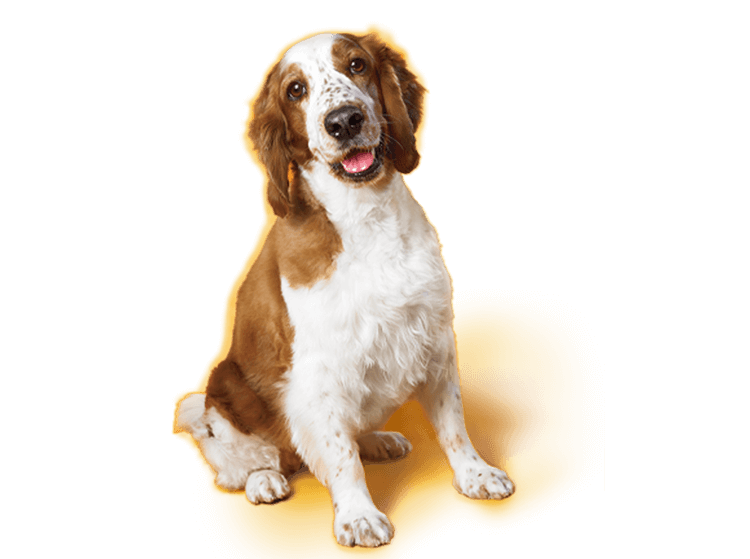Taking care of a dog’s oral health is important. Four out of five dogs over the age of 3 years show signs of periodontal disease (gum disease). This occurs due to poor dog dental hygiene which results in plaque and tartar build-up over time. Having a good dental care routine can effectively prevent plaque and tartar build up and maintain proper oral health for dogs.

Taking care of your dog dental health is important. Unfortunately, 90% of dog owners think that their pooch’s oral care is already in order and are completely unaware that their dog suffers from poor oral health and may have periodontal disease.
The problem with dog oral care can be even more serious. It’s been shown that untreated periodontal is associated with the development of other serious health problems for a dog. Bacteria from the mouth can enter the bloodstream and spread to the heart, lung, kidneys, and other organs as well.
Therefore, pet parents need to establish a proper dog oral care routine for healthy dog teeth. This can include cleaning the teeth as well as feeding a dental treat. This way, you can help your furry friend enjoy good oral health and avoid gum disease.
Even puppies need care for their oral health. Puppies acquaint themselves with the world by sniffing and biting everything around. That’s why dental care for dogs is important right from the early stages of life to ensure overall good health.
Here are a few tips on dog dental health that you should keep in mind:
Identifying if your dog is suffering from a dental condition can be tough in early stages. You can conduct an inspection by lifting your pet’s lip and looking inside. Tartar can appear as a brownish yellow or red discolouration close to the gum line. What should be healthy pink gums will look red and swollen. Another obvious sign of dental disease is bad breath. Gum bleeding upon gentle probing with your fingers is another easily noticeable sign to look out for.
With proper and daily dog dental hygiene and the right diet, you can make a positive difference in your dog’s oral health. In addition, you should maintain a regular schedule of veterinarian appointments. Your vet will examine your dog’s teeth and gums and treat them when required. If you notice signs of gingivitis or periodontal disease in your dog’s mouth, make an appointment with your vet right away.
Taking care of a dog’s dental health is one of the things that dog owners need to prioritise apart from following regular schedules of dog vaccination, feeding nutritious food, and overall exercise for good health. Learn how to take care of a dog’s teeth and how to brush a dog’s teeth to properly care for your four-legged friend.
Bad oral health is not just limited to bad breath. It can also lead to problems such as tooth loss and systematic infection of other organs (e.g. heart and kidneys). Moreover, 80% of dogs over the age of 3 years have signs of periodontal disease (gum disease). We, as a pet parents, need to be aware that dog dental health is important and needs to be taken care of before the signs are advanced and harder to control. You can reach out to your vet for proper guidance on dog oral care.